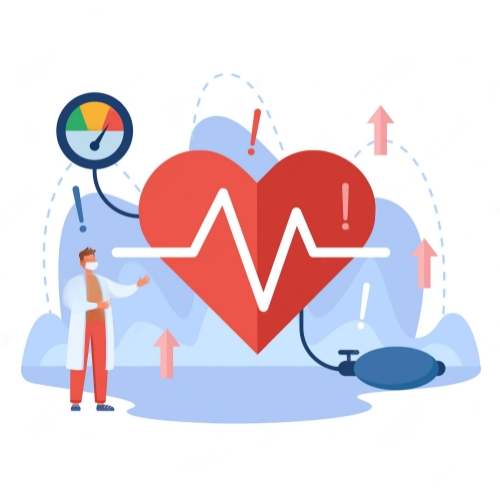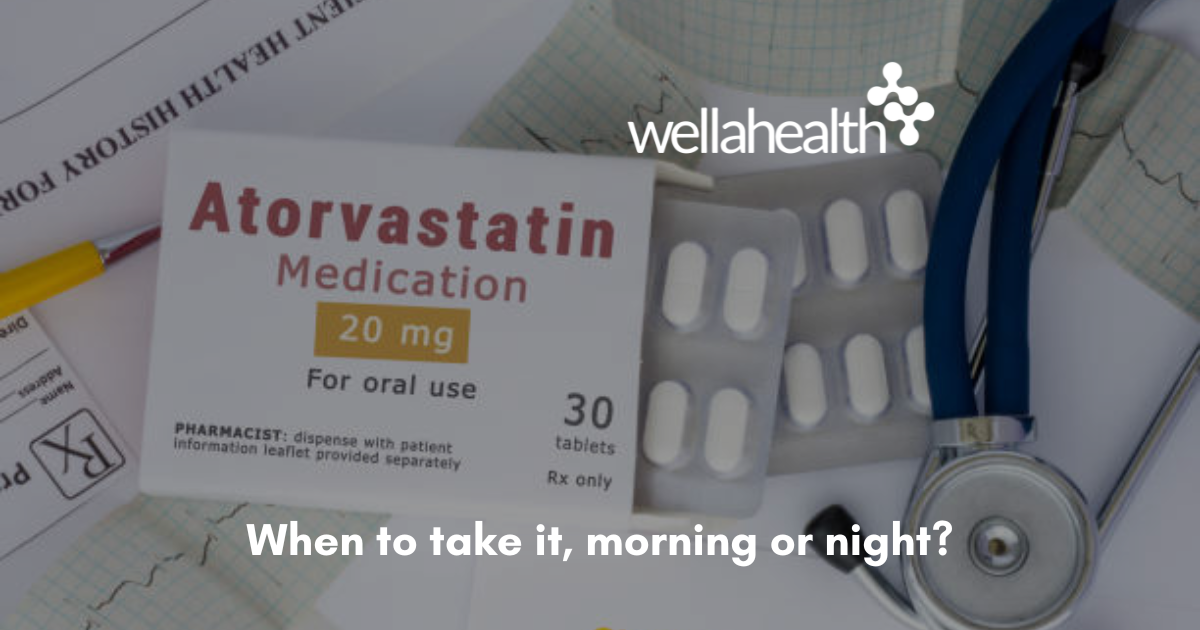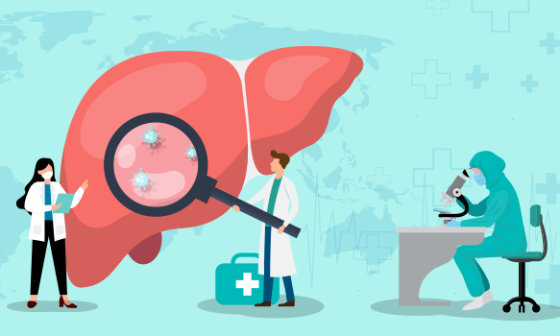Hypertension is a serious medical condition, also known as high blood pressure, characterized by elevated blood pressure levels in the arteries. The artery plays an important role in the circulatory system, in that it supplies oxygen-rich blood to the different parts of the body. In this blogpost, we will share the different types of hypertension so you become fully aware and choose to make healthier choices.
What are the two types of hypertension?
There are two main types of hypertension: the primary, otherwise called essential hypertension and the secondary hypertension.
The Primary Hypertension:
The primary type of hypertension is the most common type of hypertension which accounts for 90 – 95% of hypertension cases globally. This type of hypertension develops gradually over time with no identifiable cause. Some of the factors leading to this type of hypertension include lifestyle choices e.g. smoking, choice of food, amount of alcohol and coffee intake etc., and age-related changes.
Read more: Why is Hypertension called a silent killer?
The Secondary Hypertension
This secondary hypertension is a type of hypertension caused by underlying medical condition or medications used when treating other medical conditions. The great news is that this type of hypertension is consists of only 5-10% of the cases of hypertension globally.
It is important to clarify that for secondary hypertension the following medical conditions could lead to it include hormonal disorders, kidney disease, narrowing of the arteries (renal artery stenosis). Some of the medications that can lead to the secondary type of hypertension include various type of oral contraceptives or nonsteroidal anti-inflammatory drugs (NSAIDs).
Understanding the different types of hypertension is not complete without trying to understand the different classifications of hypertension based on blood pressure reading. But before we do this, let us revise the key terms when reading a blood pressure.
If you are a medical professional, you should read this
How to read your blood pressure?
Systolic Blood Pressure: the systolic blood pressure is the top number in the reading of blood pressure. It is usually the higher number of the two. So if you have a reading of say 120/80mmHg. The systolic pressure is the top number
Diastolic Blood Pressure: This is the lower number in a blood pressure reading. Again, in a reading of say 110/90mmHg, the lower number 90 is the diastolic blood pressure.
Now that is out of the way let us classify hypertension based on blood pressure reading.
Classification of Blood Pressure
Stage 1 hypertension:
For the Stage 1 hypertension, the systolic blood pressure (remember that this means the top number in a blood pressure reading) ranges from 130 – 139 mmHg or the diastolic blood pressure, the lower number ranges from 80 – 89 mmHg
Stage 2 hypertension:
In a stage 2 hypertension, the systolic blood pressure is at 140 mmHg or higher and the diastolic blood pressure is between 90 mmHg and above.
There is also what is called hypertensive crisis.
Hypertensive crisis:
This is a severe form of hypertension where blood pressure readings are as high as 180 mmHg or above and the diastolic blood pressure are as high as 120mmHg and above. Most times, this type of blood pressure requires urgent medical attention.
How to manage the different types of hypertension?
Diagnosing hypertension fast is important to ensure that they can be managed throughout one’s lifetime and help them lead healthier and happier lives. This can help one reduce future health complications like heart disease, stroke, kidney failure and other renal complications. etc.
To manage hypertension you would need a lifestyle modification such as regular exercise, weight management and stress reduction.
Regularly checking the status of your heart is important to catching your heart status before it devolves to a hypertensive crisis.
Regularly visit your neighbourhood community pharmacy, or a hospital to check this. And if you want to save thousands in the process, you should get a health plan. Here’s the one we recommend






